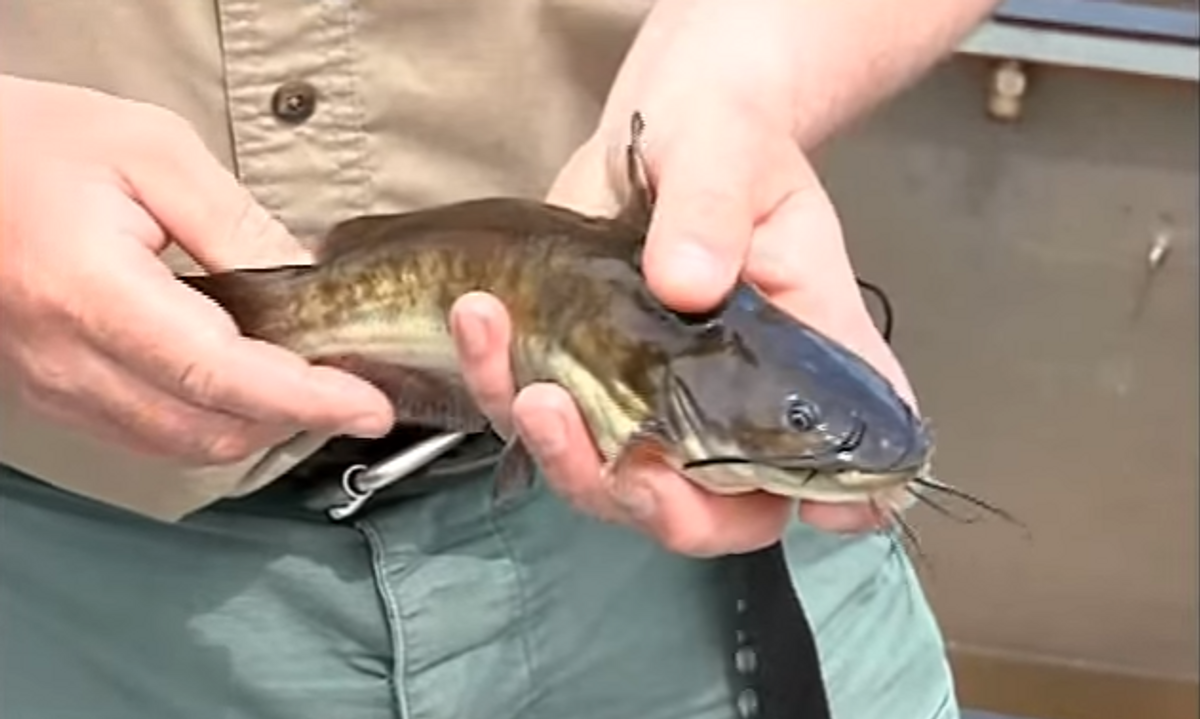How To Hold A Catfish Properly And Safely
As fun as they are to catch, catfish can offer a nasty surprise to inexperienced anglers. We've already covered their failed attempt to take down one of our MTB Comrades. Their dorsal and pectoral fins each contain a sharp spine, that can make them particularly hard to land, unhook, and release (or keep) if you’re not prepared.These spines (in the dorsal and pectoral fin region) have a venom unique to their species. This venom just causes some pain and swelling if you're lucky, but if it pokes you just right can be far worse. The puncture in the skin can cause a hemolytic, which is fancy doctor talk for increased bloodflow. Basically, if a catfish breaks the skin, you should immediately head to get it checked out, because you're probably infected and losing more blood than you think you are.This is why catfish safety is so important. Don't let it scare you, though. If you know what you're doing it is second nature and you'll avoid any accidents. Think of it like carving a turkey: If you don't know what you're doing, that knife can be awfully scary. But once you know your way around the knife, just get out of my way and let me eat this catfish turkey.
Here is how to hold a catfish properly and avoid the spines:
1. If it’s small, hold it by the line, and grip the catfishes tail.
2. When removed from the water, catfish naturally extend their spines, so keep it away from your legs, pets, or children.
3. Once gripping the tail, slide your hand up the body of the catfish until it rests against the back of the pectoral spines.
4. The spines won’t rotate backward, so once extended, they provide a great back stop by which to rest your hand when reaching into its mouth to unhook it.
5. If it’s a big cat, you can actually use the spines to your advantage in the same way – but pin it to the ground while working on it.
Updated September 28th, 2020 at 9:48 AM CT


